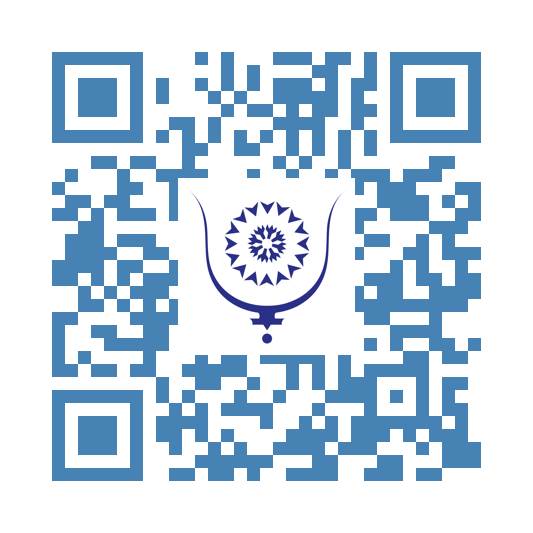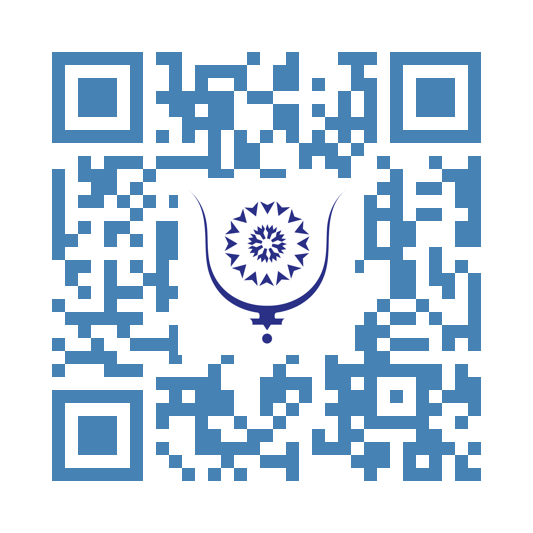Le Kenya inaugure son ambassade à Rabat : un tournant diplomatique majeur en faveur du Maroc sur le Sahara occidental 157
L’inauguration officielle de l’ambassade du Kenya à Rabat, par les ministres des Affaires étrangères marocain Nasser Bourita et kényan Musalia Mudavadi, marque une étape historique dans les relations bilatérales entre les deux pays. Cette cérémonie, qui a coïncidé avec le 60e anniversaire des liens diplomatiques entre deux pays l'un à l'extrême Est et l'autre à l' extrême Ouest du continent noire, symbolise un renforcement significatif des échanges politiques, économiques et culturels, dans une quête de continuité continentale; mais et surtout elle marque un repositionnement stratégique du Kenya sur la question sensible du Sahara marocain.
Pour la première fois, le Kenya ouvre une ambassade au Maroc. Nairobi témoigne ainsi de sa ferme volonté de consolider ses relations avec Rabat. Plus important encore, le Kenya a officiellement reconnu dans la foulée, le plan d’autonomie marocain comme « la seule approche durable » pour résoudre le différend sur le Sahara occidental. Ce revirement marque un changement radical de la politique kenyane, puisque jusqu’à récemment, le Kenya entretenait de soi-disant relations avec la « République arabe sahraouie démocratique » (RASD), soutenue à bout de bras et de plus en plus à bout de souffle par l’Algérie.
Sous la présidence de William Ruto, ce changement de cap diplomatique s’était concrétisé dès mars 2024, avec la nomination de Jessica Muthoni Gakinya comme première ambassadrice kényane à Rabat. Plusieurs mémorandums d’entente ont été signés depuis, couvrant des domaines clés tels que l’habitat, l’urbanisme, la jeunesse, le commerce et la formation diplomatique. La coopération entre les deux pays s'est ainsi bien renforcée.
Le repositionnement du Kenya quant à lui sur la question du Sahara, s’inscrit dans une tendance globale où le soutien à la cause marocaine s’accroît tandis que le Polisario perd chaque jours un peu plus de terrain sur la scène internationale. Plus de cinquante pays ont retiré leur reconnaissance à la RASD depuis la fin de la guerre froide, et aucun pays africain ne la reconnu depuis 2011, faut il le rappeler.
Parmi les évolutions récentes par ailleurs, la Syrie a officiellement fermé le bureau du Polisario à Damas, lors d’une visite conjointe maroco-syrienne préparant la réouverture de l’ambassade du Maroc en Syrie, fermée depuis 2011. Ce geste fort, marque de fait un éloignement stratégique de Damas de l’axe algéro-iranien et un rejet clair du soutien aux séparatistes sahraouis. C'est là un revers majeur, un autre, pour Alger, cette fois ci à l'échelle du monde arabe.
En Amérique latine, des pays clés comme la Bolivie, l’Équateur et le Panama ont également retiré leur reconnaissance de la RASD, adoptant des positions neutres ou favorables à une solution politique conforme aux résolutions de l’ONU et à la souveraineté marocaine. Ce basculement est d’autant plus significatif que cette région avait longtemps été un refuge pour la propagande séparatiste.
En Europe, la quasi-totalité des pays, dont la France, l’Espagne, l’Allemagne et plusieurs autres membres de l’Union européenne, soutiennent désormais explicitement le plan d’autonomie marocain comme base sérieuse pour une solution politique durable.
L'Algérie impuissante perd ainsi du terrain et de la notoriété par son obstination chronique, sur tous les continents et régions du monde.
Face donc à la dynamique internationale favorable au Maroc, l’Algérie persiste dans son soutien au Polisario, illustré par la récente réception par le président Abdelmadjid Tebboune du « nouvel ambassadeur sahraoui » Khatri Adouh. Pendant que Bourita et Mudavadi scellaient une amitié forte, l'effronté ambassadeur venu de Tindouf en Algérie lui, a vanté de prétendues « victoires diplomatiques » de la cause séparatiste, faisant fi de l’isolement grandissant irrécusable du Polisario.
D’ailleurs et Alger et son rejeton, le comble, vont jusqu’à faire semblant d’ignorer la résolution 2756 adoptée en octobre 2024 par le Conseil de sécurité de l’ONU, qui reconnaît explicitement l’Algérie comme partie au différend et appelle au respect du cessez-le-feu et à une solution politique durable, soutenant explicitement la dynamique marocaine initiée par Sa Majesté le Roi Mohammed VI, pour qui sait lire.
Le Maroc en capitalisant sur ce contexte favorable multiplie les accords bilatéraux, notamment avec des pays africains stratégiques comme le Kenya d’ailleurs. La signature de cinq mémorandums d’entente lors de la visite de Musalia Mudavadi illustre une vision commune de coopération renforcée, fondée sur des liens historiques, culturels et économiques. L'Afrique montre ainsi son nouveau visage, marqué par le pragmatisme et la recherche d'intérêts mutuels.
L’ouverture de l’ambassade kényane à Rabat et le soutien officiel de Nairobi à l’intégrité territoriale du Maroc représentent une victoire diplomatique majeure pour le Royaume. Alger ne peut plus ignorer cette évolution sans risquer un isolement total encore plus ostensible sur le continent et dans le monde.
Comme pour remuer le coureau dans la plaie, la Cote d'Ivoire vient tout juste de réitérer sa position mettant encore une fois sur la touche le mouvement séparatiste et son sponsor.
Le Maroc consolide ainsi son leadership diplomatique et avance vers une résolution pacifique et durable du conflit artificiel du Sahara occidental. En face, patauge dans la scotomisation, un Polisario de plus en plus isolé, soutenu uniquement par une Algérie butée et peut être pas pour très longtemps encore par l’Afrique du Sud dont l'économie et le business s'imbriquent de plus en plus avec ceux du Royaume.
La communauté internationale elle, converge vers une reconnaissance croissante de la souveraineté marocaine et de son plan d’autonomie, portée par deux membres, non des moindres du Conseil de Sécurité et tant d'autres puissances économiques régionales.
Cette dynamique irréversible annonce une nouvelle ère dans la diplomatie africaine. Le prochain terrain de jeu étant surement l’Union Africaine qui dans un avenir proche n’aura ni gêne ni difficulté à expulser la RASD, un membre encombrant, sans intérêt, ne remplissant aucune condition pour faire partie d’une organisation internationale, sinon le sponsoring outrancier d’Alger, elle-même en perte notoire de vitesse.
Omar Hilal, représentant du Royaume à l’ONU, n’hésite plus à le rappeler à ses homologues algériens à chaque occasion, faisant de la communauté internationale le témoin de fait, de cette situation anachronique pour ne pas dire ridicule et qui ne peut plus durer.




